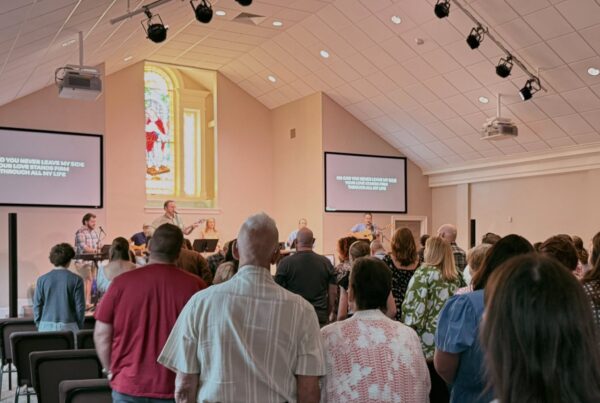To be Christian is to belong to God’s diverse global family. For this reason, Acts 29, who has purposed to be a radically diverse global family, has instituted the Diversity Initiative.
A simple definition of diversity is “to be widely varied.” The biblical vision of diversity is based upon two fundamental doctrines of Scripture:
1. The Unity of the Human Race
2. The Universality of God’s People
In this first post of a three-part blog series, we will take a deeper look at the first of those two doctrines: The Unity of the Human Race.
God teaches us in Scripture that the human race is one. Paul preached to the Athenian philosophers that from one man God made every nation of the human race (Acts 17:26a). It is within this greater context of unity that humanity’s diversity appears in the Imago Dei. “So God created man in his own image, in the image of God he created him; male and female he created them” (Genesis 1:27). The singular word “man” represents the entire human race and is immediately specified as being diverse in gender (male and female).
Diversity by design immediately receives further impetus for advancement in what’s known as the Cultural Mandate. “Be fruitful, increase in number, fill the earth and subdue it” (Genesis 1:28). This divine command calls explicitly for the scattering of the race, a theme that is recurring in the Genesis narrative. And thus calls implicitly for cultural diversification.
Later, after naming Noah’s three sons, Moses tells how diversity continued to spread: “from these, the people of the whole earth were dispersed – or scattered” (Genesis 9:19). This reference to “scattering” hints at the dual nature of cultural diversity in Scripture. On the one hand, diversity is a proper expression of the Cultural Mandate of Gen 1:28, mentioned above. On the other hand, it is an expression of the curse enacted at Babel in response to humanity’s monocultural attempt to live in defiance of God, which peaked in Genesis 11:6-9.
This produces the desired effect of dispersing the people throughout the world.
In Genesis 12:3, we see that God chose Abraham, and subsequently Israel, for the purpose of being a blessing of reconciliation to the entire multiethnic world. “I will bless those who bless you, and him who dishonors you I will curse, and in you, all the families of the earth shall be blessed.” This blessedness does not obliterate the diversity of the peoples, as was the mistake of the Judaizers. In Galatians 2, they sought to get rid of diversity by making Gentiles into Jews before they could be received into the church as Christians. We know this was not the correct response; the blessedness of diversity affirms the validity of a multitude of cultural expressions.
Working within this greater framework helps us to understand what diversity is and where it exists, as well as what it is not. God creates all people, united in the human race, where the diversity of gender, ethnicity, nationality, and language are distinctions among that one race, not differences between them.











